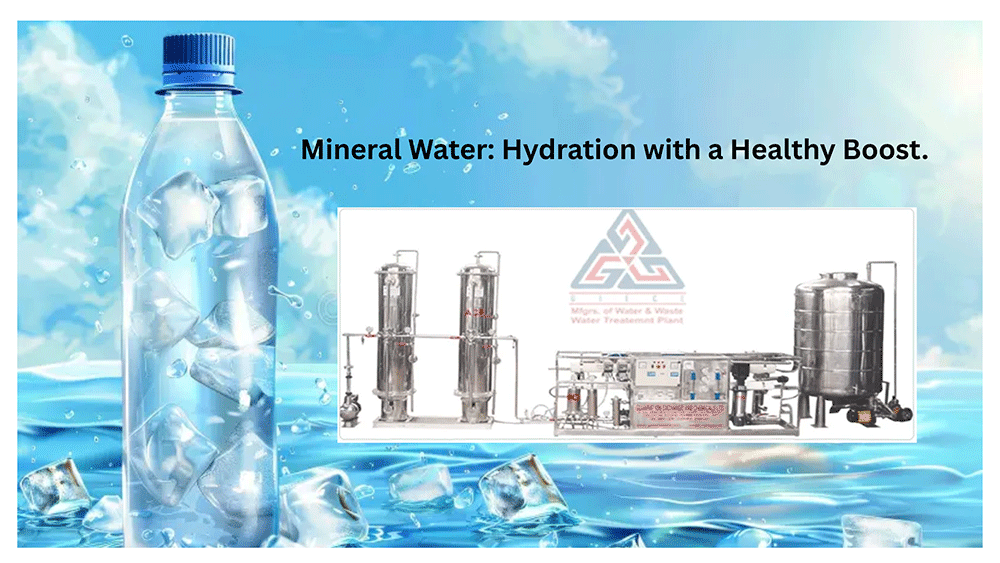- Strong bones & teeth (calcium)
- Muscle function & nerve health (magnesium)
- Heart health & blood pressure regulation (potassium)
- Athletes & fitness enthusiasts
- People recovering from dehydration
- Those living in hot climates
- Neutralize stomach acid (reducing heartburn)
- Improve digestion & nutrient absorption
- Support a healthy gut microbiome

Is Mineral Water Safe for Everyone?
While mineral water is generally safe, some people should consume it in moderation:
Those with kidney problems (high mineral content may strain kidneys)
People on low-sodium diets (some mineral waters contain sodium)
Individuals with sensitive stomachs (carbonated versions may cause bloating)
How Does Regular Water Compare?
"Regular water" can include:
Tap water: Often has low stable mineral content, though in some regions it can be quite hard (high in calcium/magnesium).
Purified/distilled water: Treated to remove minerals, so it's "empty" of both contaminants and beneficial minerals.
While both types are safe for hydration, they do not offer the consistent, substantial intake of essential minerals that mineral water does. For most people, regular water is sufficient. But for those with specific dietary gaps, higher hydration needs, or a desire for additional health protection, mineral water is a valuable upgrade.
Are There Any Drawbacks?
For most healthy people, mineral water is safe and beneficial. However, check the label for sodium content—while most mineral waters contain only a small amount, some types are saltier. People with kidney issues or sodium-sensitive high blood pressure may need to choose low-sodium options.
Also, mineral water delivered in plastic bottles can add to environmental plastic waste—so consider eco-friendly packaging when possible.
If you want to support your bones, heart, digestion, and overall wellness with every sip, choosing mineral water is a great move. Its naturally occurring minerals set it apart from regular water, bringing additional health benefits that are science-backed and easy to enjoy.



